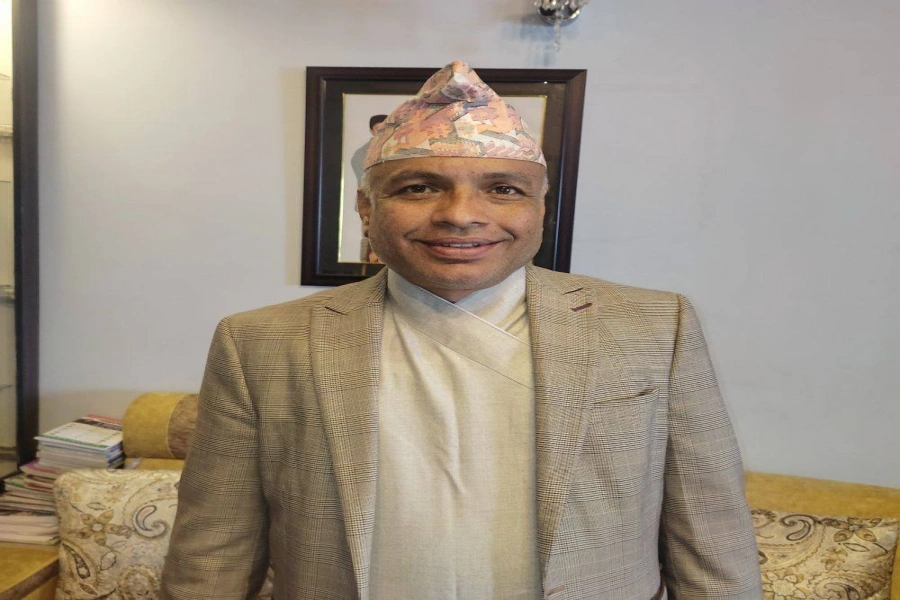A number of anomalies in public and private health institutes are being reported in recent times but the Ministry of Health under Upendra Yadav does not seem to be doing anything substantive to curb them and hold to account those who are neglecting their duties. One such mess recently reported concerns neglect of patients in Tribhuvan University Teaching Hospital in Kathmandu.
TUTH is the last resort for all middle-income and low-income people, which is why thousands of patients throng to this hospital on a daily basis. But the hospital does not have enough beds and adequate professionals. Even the emergency ward is poorly equipped. Patients are seen lying on the floor, while the health professionals, too few most of the times, are busy attending crowds of patients.
Republica has reported a couple of notorious scams—medical malpractice in Grandi hospital and ‘buying’ of kidneys from innocent people by luring them with huge amount of money in Nidan Hosptial. In case of Nidan scam, police have arrested around a half dozen persons including the doctors and other staff on charge of being involved in kidney transplant racket. Anomalies abound in other health institutes too.
Party cadres’ neglect makes special convention inevitable: NC l...

The recent case in point is doctors of BP Koirala Institute of Health Sciences (BPKIHS), Dharan prescribing unnecessary medicines and unregistered food supplements which cost much more than the government-approved medicines. The Department of Drug Administration (DDA) has found that BPKH doctors are prescribing a food supplement tablet named ‘Cabo Din’ instead of Calcium D3 Calvit. Cabo Din is not registered with DDA and costs Rs 20 per tablet, while Calcium D3 Calvit is a registered drug that costs only Rs seven per tablet. This is happening, according to the drug sellers, in collusion between the doctors and drug companies.
While monitoring the pharmacies outside the premises of the hospital on Friday, a team from the Biratnagar based DDA found that the stores have been selling more than 150 units of unregistered food supplements every day.
Anomalies like these can be controlled and hospitals, both private and public, can be made more accountable to service delivery if Ministry of Health mobilizes its functionaries to constantly monitor the situation on the ground and take actions against those found guilty. Even occasional monitoring by the health minister can result in positive changes. During his term as a health minister, Gagan Thapa had tried to bring at least some measures to improve service delivery. He would visit the public hospitals himself and take stock of the situation.
The awareness that health minister is closely monitoring had made professionals on duty alert. Sadly, incumbent health minister Upendra Yadav is not even seen to be directing the officials to be duty-bound and service-oriented. Instead, his attention seems to be directed toward political issue of constitution amendment, threatening to pull out support from the government or visiting foreign countries even during the near health emergency situation caused by dengue outbreak.
Yadav is free to push these issues but his main responsibility at the moment is to ensure that public health facilities are up and running and malpractices in private health facilities are checked. If he cares about his public image, he should take up some measures to reform health sector, while he is in power.




































